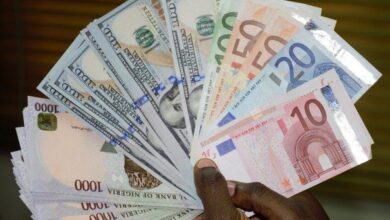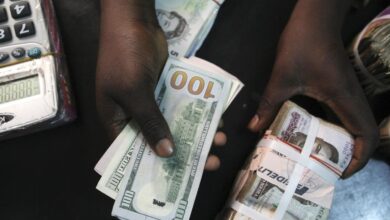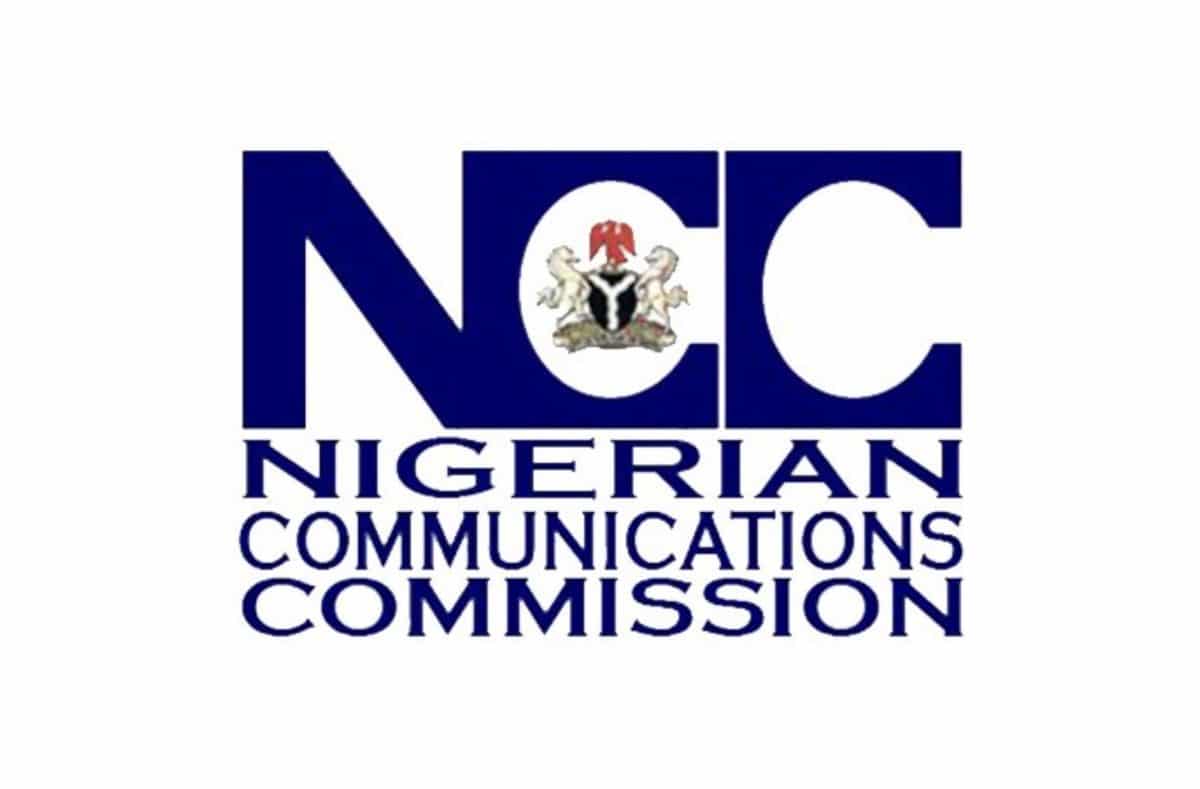CBN Devalues Naira: CBN Debunks Reports of Naira Devaluation – All You Need to Know

In recent times, there have been numerous speculations regarding the devaluation of the Nigerian Naira by the Central Bank of Nigeria (CBN). This article aims to provide a comprehensive and accurate account of the situation, debunking any false information and providing all the necessary details about the issue at hand. The information presented here is based on extensive research and analysis of various sources, ensuring that the content is both informative and reliable.
Introduction
The Central Bank of Nigeria (CBN) plays a critical role in the country’s financial and economic stability. As the apex monetary authority, it is responsible for managing the nation’s currency and ensuring that the Naira’s value remains stable. In recent times, there have been numerous reports and speculations about the alleged devaluation of the Naira, causing significant concern among Nigerians. This article aims to examine the issue thoroughly, providing a clear and accurate account of the situation, and debunking any false information that may be circulating.
The Role of the Central Bank of Nigeria (CBN)
The Central Bank of Nigeria (CBN) serves as the country’s financial regulator, responsible for implementing monetary policy and maintaining financial stability. Established in 1958, the CBN oversees the Nigerian banking system, ensuring its integrity, safety, and soundness. Additionally, the CBN is responsible for managing the country’s foreign exchange reserves and promoting a stable exchange rate for the Naira.
The Importance of a Stable Currency
A stable currency is crucial for any country’s economic growth and development. It ensures that businesses can plan their investments and operations with confidence, knowing that their costs and revenues will not be subject to sudden, unexpected fluctuations. A stable currency also helps to control inflation, maintaining the purchasing power of the nation’s citizens and ensuring that their standard of living does not deteriorate due to rising prices.
The Alleged Devaluation of the Naira
Recently, there have been numerous reports and speculations about the devaluation of the Nigerian Naira by the Central Bank of Nigeria (CBN). These reports allege that the CBN has devalued the Naira to N631 per dollar at the importers and exporters’ (I&E) window, causing significant concern among Nigerians.
The Importers and Exporters’ (I&E) Window
The Importers and Exporters’ (I&E) window is a crucial component of Nigeria’s foreign exchange market. Established by the CBN in 2017, the I&E window allows businesses and individuals to buy and sell foreign currency at market-determined exchange rates. This mechanism helps to promote transparency, efficiency, and liquidity in the foreign exchange market, ensuring that businesses can access the foreign currency they need to conduct their operations.
The Impact of Devaluation on the Nigerian Economy
Devaluation is the deliberate reduction in the value of a country’s currency relative to other currencies. It can have significant implications for the economy, affecting trade, investment, and inflation. In the case of Nigeria, a devaluation of the Naira would make imports more expensive, leading to higher inflation and potentially harming the country’s economic growth prospects. Conversely, a devaluation can also make exports more competitive, boosting the nation’s trade balance and potentially supporting economic growth.
CBN Debunks Reports of Naira Devaluation
In response to the reports and speculations about the alleged devaluation of the Naira, the Central Bank of Nigeria (CBN) has issued a statement debunking these claims. The apex bank stated in a tweet on Thursday that it has not devalued the Naira to N631 per dollar at the importers and exporters’ (I&E) window, refuting the information published by a national daily.
CBN’s Commitment to Exchange Rate Stability
The Central Bank of Nigeria (CBN) has consistently emphasized its commitment to maintaining a stable exchange rate for the Naira. The apex bank has implemented various policies and measures to support the currency’s value, including intervening in the foreign exchange market, managing the country’s foreign exchange reserves, and promoting transparency and efficiency in the foreign exchange market through mechanisms like the Importers and Exporters’ (I&E) window.
The Importance of Accurate Information
The circulation of false information and rumors about the devaluation of the Naira can have serious implications for the Nigerian economy. It can cause panic among businesses and consumers, undermining confidence in the financial system and potentially leading to capital flight and economic instability. It is crucial for individuals and organizations to rely on accurate information from reputable sources, such as the Central Bank of Nigeria (CBN) and other official channels, to stay informed about the country’s monetary policies and economic developments.
Conclusion
In conclusion, the Central Bank of Nigeria (CBN) has debunked the reports and speculations about the alleged devaluation of the Naira, stating that it has not devalued the currency to N631 per dollar at the importers and exporters’ (I&E) window. The CBN remains committed to maintaining a stable exchange rate for the Naira, implementing various policies and measures to support its value and promote the country’s economic growth and stability. It is essential for individuals and organizations to rely on accurate information from reputable sources, such as the CBN and other official channels, to stay informed about Nigeria’s monetary policies and economic developments.













